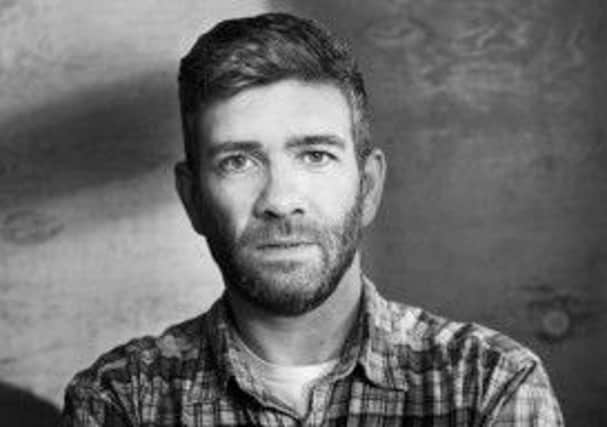Family history spanning a century


There is something both poignant and compelling about looking at old family photographs – examining those vaguely recognisable features that foreshadow the faces of subsequent generations and musing on the notion of precious never-to-be-recovered moments captured in a still sepia image.
Often there is a curiosity about exactly what that stern gentleman, wistful woman or grumpy child was actually like. What happiness or tragedy had they known and how did their lives turn out? Author Richard Benson’s family memoir The Valley is like one of those photographs brought vividly to life in prose.
Advertisement
Hide AdAdvertisement
Hide AdSet in the close-knit mining villages of the Dearne Valley in South Yorkshire, home to four generations of the Hollingworth family, the book spans the lifetime of Benson’s great-grandmother Winnie who lived to the age of 92. Against a backdrop of underground explosions, strikes and pit closures Benson shares a century of his family’s history – introducing the reader to some memorable characters along the way – with all its successes and failures, triumphs and tragedies, secrets and lies, joys and disappointments.
While the book is meticulously researched, there is never a sense of the political or historical taking over from the stories of the family members Benson describes. “I decided that all the details about political and general history were available in other places,” he says. “What I had that would bring something new was a personal family experience.” And it really was a labour of love – it took him six years to complete. “It was pretty solid work,” he says. “But during that time I did have two children and my dad died – it was a strange experience.”
Benson spent many hours talking to various relatives and in most cases they were generous and candid about what they told him. Some of the conversations weren’t always easy, however. “It was sometimes difficult talking with aunties who were living in less than ideal situations with husbands,” he says. “But actually in most cases they seemed to want to talk about it – it was quite a release. They felt it was part of their experience and wanted it to be known.” It was during one of these conversations, with his great-aunt May Parkin, that Benson found out about his grandmother Winnie’s affair. Trapped in an unsatisfactory marriage to Harry, she fell in love with Alfie, a man 13 years her junior, and their relationship led to a pregnancy. “When you think of your grandma doing something like that it all seems a bit sordid,” says Benson. “But when May described how Winnie always seemed a bit lonely, it was like seeing my grandma afresh and it helped me to understand the emotional need that had led her into that situation. It softened my feelings towards her and I could see her as a woman.”
He also discovered more about his great-grandfather Walter Parkin’s experiences during the First World War – although he was already aware of the amazing story about how a brass button on his uniform had stopped a bullet and saved his life.
Advertisement
Hide AdAdvertisement
Hide Ad“There were scraps of family memories, but in my research I found out details about his injuries and his war medals. I went over to Belgium and saw the places he had been and that was quite emotional. It is quite a thing to stand in a field and think ‘this is where he was a hundred years ago.’”
Overall, Benson says he has been most impressed by, and come to understand more fully, the role played by the women both within his family and in the wider community in which they lived. “Although those mining villages can seem quite macho places and driven by the men, they were really run by the women,” he says. “I don’t think the industry would have worked without the women supporting the men in the background.”